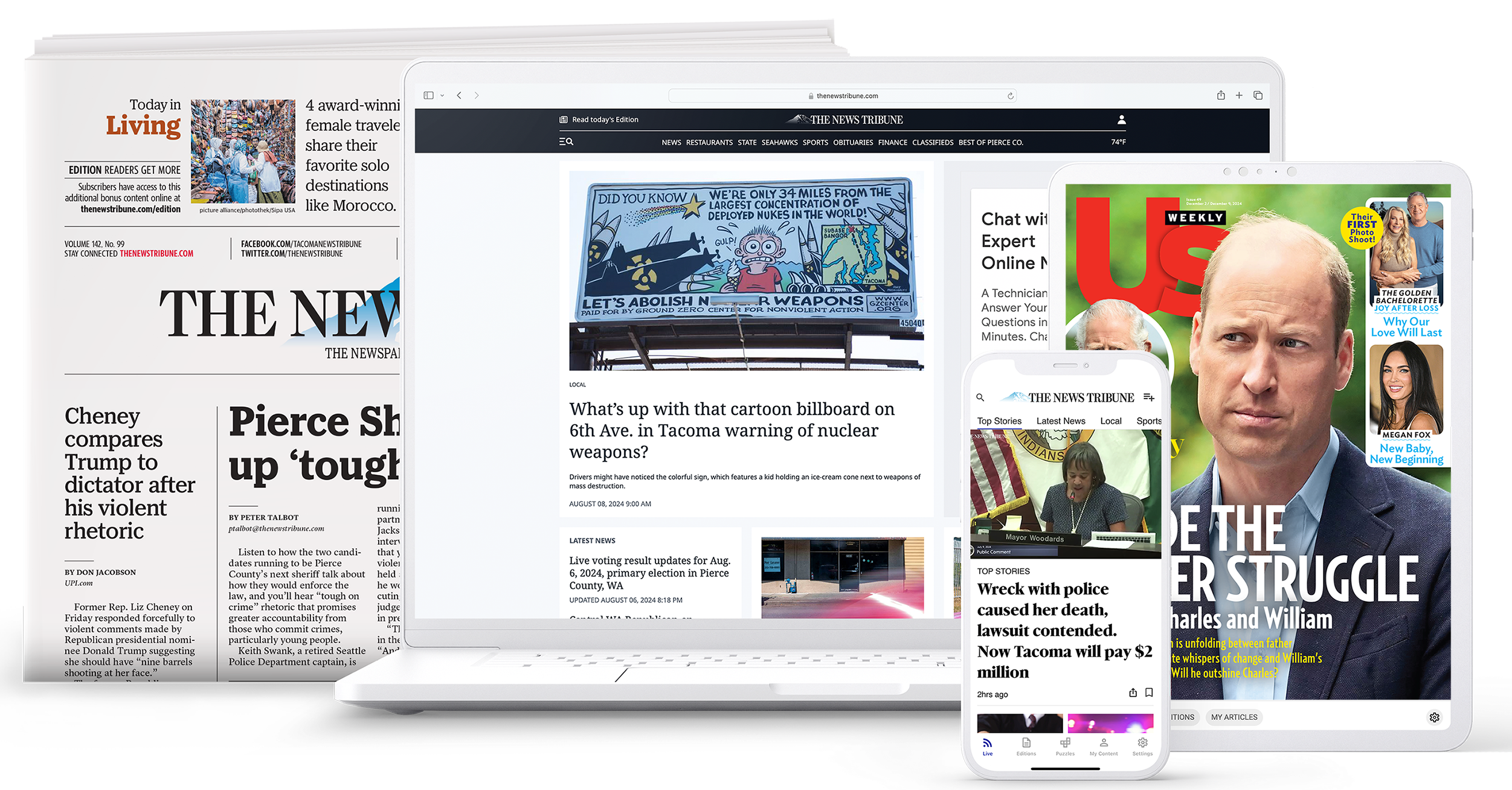The Importance of Fact-Checking in the Globe of News Online
The frequency of false information in today's on-line news landscape has actually gotten to disconcerting levels. Fact-checking companies play an important function in combating this pattern. They validate claims and enhance the reliability of journalism. Nonetheless, the performance of these companies typically rests on their approaches and public assumption. As audiences browse this intricate atmosphere, the ramifications of their searchings for may form the future of news usage and depend on. What does this mean for the stability of information moving ahead?

The Rise of Misinformation in the Digital Age
How has the arrival of digital technology added to the spread of false information? The quick growth of the net and social networks systems has actually facilitated the circulation of information at an extraordinary pace. Customers can share articles, videos, and point of views with a plain click, often without verifying the material's precision. Algorithms focus on thrilling or mentally billed product, causing a proliferation of deceptive narratives that catch interest.
Additionally, the anonymity afforded by electronic platforms permits individuals to spread out false info without liability (stnews.live). Misinformation prospers in echo chambers, where individuals are revealed primarily to perspectives that enhance their beliefs, better entrenching falsehoods. The saturation of details can overwhelm individuals, making it testing to discern qualified sources from unreliable ones. Misinformation has actually ended up being a prevalent concern in the electronic landscape, impacting public opinion and depend on in reputable news sources.
The Duty of Fact-Checking Organizations
Fact-checking companies play a necessary duty in improving the integrity of journalism by validating cases made in news records. Their efforts are crucial in combating false information, making certain that accurate info dominates in the electronic landscape. By holding media electrical outlets accountable, these organizations add considerably to educated public discussion.
Enhancing Reputation in Journalism
While false information multiplies in the electronic age, fact-checking companies play a necessary function in enhancing the reliability of journalism. These organizations thoroughly confirm insurance claims made in news write-ups, public declarations, and social media posts, making certain that info disseminated to the general public is exact and reliable. By giving independent analyses, they function as an essential resource for journalists, assisting them preserve high requirements of integrity. Furthermore, their efforts advertise transparency in media, fostering public count on. As target markets become significantly discerning, the existence of trustworthy fact-checking entities can differentiate trustworthy news sources from those that may spread out fallacies. Ultimately, the commitment of fact-checking companies to copyright reliability is critical for the health of democratic discussion.
Combating Misinformation Successfully
As false information remains to spread quickly across electronic systems, the role of fact-checking organizations ends up being increasingly vital in the battle for accurate information. These organizations work as guard dogs, scrutinizing cases made by somebodies and media outlets to ensure liability. By utilizing extensive study approaches and expert analysis, they confirm truths and make clear misleading narratives. Their findings are distributed with various networks, educating the general public and fostering essential thinking. On top of that, partnerships with social media sites systems boost their reach, permitting for punctual flagging of false info. As digital literacy expands, the impact of fact-checking organizations is crucial in empowering target markets to recognize reality from fraud, ultimately adding to an extra educated culture.
Just How False Information Affects Public Assumption
False information substantially weakens count on media, leading target markets to doubt the reputation of news sources. As a result, people commonly move in the direction of outlets that reinforce their existing ideas, adding to the polarization of opinions. This vibrant develops a fragmented info landscape, where shared comprehending becomes increasingly hard to attain.
Rely on Media

Count on in media has actually become increasingly breakable in the electronic age, where the fast spread of incorrect info can skew public assumption. As false information proliferates throughout social media and on the internet platforms, target markets usually discover it testing to discern legitimate sources from unstable ones. This uncertainty fosters skepticism, leading many people to question the intentions behind news coverage. Subsequently, depend on in established media electrical outlets has actually reduced, as consumers significantly turn to alternate sources that might lack rigorous editorial criteria. This erosion of depend on not just affects private ideas yet also undermines the collective ability to take part in informed discussions. Inevitably, the stability of journalism is at risk, highlighting the crucial requirement for efficient fact-checking to bring back self-confidence in the media landscape.

Polarization of Point of views
The enhancing uncertainty toward standard media has actually added to a growing polarization of viewpoints amongst the public. Misinformation, often disseminated through social networks and on the internet platforms, plays a considerable duty fit distinctive ideological separates. People regularly choose information that lines up with their pre-existing ideas, strengthening their perspectives while rejecting opposing viewpoints. This resemble chamber effect escalates their explanation divisions, resulting in a fragmented public discussion where agreement comes to be significantly evasive. Furthermore, sensationalized stories grow in this atmosphere, even more skewing public perception and fostering mistrust in reputable sources. As polarization rises, the need for effective fact-checking becomes extremely important to bridge gaps and promote informed discussions, inevitably guaranteeing a more natural society qualified of maneuvering complex problems.
Methods for Efficient Fact-Checking
Reliable fact-checking depends on an organized technique that consists of thorough study, verification of resources, and crucial evaluation of insurance claims. A fundamental technique is cross-referencing details from multiple qualified resources to validate its precision. Fact-checkers typically utilize specialized databases and archives to map the beginning of particular statements, guaranteeing that the reported info lines up with documented proof.
One more essential method includes inspecting the context in which insurance claims exist. Misleading info can occur from out-of-context quotations or careful information usage. By taking a look at the broader story, fact-checkers can recognize possible biases or misconceptions.
Involving with experts in pertinent fields can supply clarity and understanding that boosts the fact-checking process. This partnership can discover subtleties that laypeople may ignore - stnews.live. Ultimately, a self-displined technique integrating these techniques promotes a more enlightened public, enhancing the reliability of information disseminated in the digital age
The Impact of Social Media on News Consumption
Exactly how has social media sites changed the method people eat news? The appearance of systems like Facebook, Twitter, and Instagram has especially transformed news usage patterns. News is now shared rapidly, permitting customers to accessibility real-time updates and engage with content with likes, shares, and remarks. This immediacy has cultivated a preference for bite-sized details, commonly at the expense of comprehensive analysis.
Furthermore, social media sites makes it possible for customized news feeds, where formulas curate web content based upon individual preferences, producing resemble chambers that may restrict direct exposure to diverse perspectives. The function of traditional news electrical outlets has diminished as people increasingly depend on use this link peer recommendations and trending topics. Subsequently, the trustworthiness of information is commonly endangered, as sensationalism can overshadow accurate reporting. In general, social media has reshaped news consumption, emphasizing speed and personalization while challenging the standards of journalistic honesty.
Empowering Audiences to Determine Reliable Resources

Additionally, taking a look at the authorship and organizational history of newspaper article can reveal potential predispositions. Cross-referencing info throughout several respectable electrical outlets even more boosts the verification procedure. Using electronic devices, such as web browser expansions that rank the integrity of web sites, can additionally assist in recognizing credible details. By actively involving with these sources and cultivating a crucial state of mind, audiences can much better outfit themselves to determine trusted news resources, eventually promoting an extra informed culture amidst the complexities these days's media setting.
The Future of Journalism and Fact-Checking
As the media landscape advances, the future of journalism and fact-checking faces both tests and opportunities. The rise of electronic systems has equalized information dissemination, permitting varied voices to arise. This has likewise led to the expansion of false information, requiring robust fact-checking systems. Reporters will increasingly depend on technology, consisting of AI tools, to verify facts rapidly and efficiently.
Partnership in between wire service and fact-checking entities is expected to reinforce trustworthiness and transparency. Additionally, target market involvement will play a crucial duty, as educated visitors become significant partners in identifying reliable content.
The need for liability and accuracy is most likely to grow, pushing journalists to support high requirements in their coverage. Inevitably, the future of journalism might depend upon its capacity to adjust to technological developments while maintaining journalistic integrity, guaranteeing that fact-checking continues to be a click reference foundation of trustworthy news.
Frequently Asked Questions
Just How Can I Report Misinformation I Run Into Online?
To report false information encountered online, people can use platform-specific coverage devices, provide clear evidence, and share the info with fact-checking organizations. Involving with community discussions can additionally aid elevate understanding about the false information.
What Are Common Indications of False Information in News Articles?
Typical indications of misinformation in news write-ups consist of astonishing headlines, absence of reputable sources, emotional language, irregular truths, and absence of writer credentials. Viewers should seriously examine material for these indications to recognize precision.
Just How Do Fact-Checkers Verify Resources?
Fact-checkers validate resources by cross-referencing info with qualified databases, getting in touch with professionals, and checking out the original context of claims. They additionally evaluate the integrity of the sources, making certain exact and trustworthy info for public intake.
What Lawsuits Can Be Taken Versus False information?
Lawsuits against false information may consist of libel suits, cease-and-desist orders, and regulative penalties. Victims can prosecute with civil courts, while some jurisdictions impose fines or sanctions on platforms distributing false info.
Are There Apps for Fact-Checking News On-The-Go?
Many applications exist for fact-checking news on-the-go, consisting of Snopes, FactCheck.org, and PolitiFact. These applications assist individuals verify cases quickly, advertising notified decision-making and fostering a more critical strategy to consuming news in real-time.